India: up-and-down on Pakistan
The U.S., post-9/11, has made large strides with their homeland security. In contrast, what has India done to counter terrorism? How have Indo-Pakistan relations unfolded?
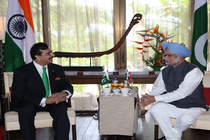 Courtesy: Ministry of External Affairs, Government of India
Courtesy: Ministry of External Affairs, Government of India
The U.S., post-9/11, has made large strides with their homeland security. In contrast, what has India done to counter terrorism? How have Indo-Pakistan relations unfolded?
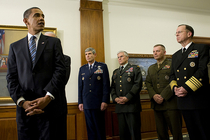 Courtesy: US Army/ Flickr
Courtesy: US Army/ Flickr
President Barack Obama is receiving pressure from domestic politics and Israel to maintain his stance on a nuclear free Iran. Will the United States go so far as to attack Iran, and if so, can it deal with the consequences?
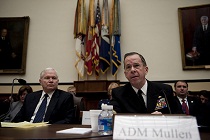 Courtesy: Chairman of the Joint Chiefs of Staff/Flickr
Courtesy: Chairman of the Joint Chiefs of Staff/Flickr
The 'double-dealing' of the U.S. and Pakistani army - all with the ambition of military dominance - has significantly aided various terrorist groups. After 26/11, there is no place to hide for the Mike Mullens and countless others who have been apologists for the Pakistan army and the state it controls.
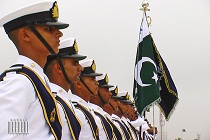 Courtesy: Kash_if/Flickr
Courtesy: Kash_if/Flickr
In the aftermath of the Mumbai attacks, the Pakstani deep state role was highlighted. The U.S. has come to realise this reality too. Bilateral information sharing could prove to be vital to combat terrorism - both regionally and globally.
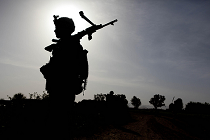 Courtesy: isafmedia/Flickr
Courtesy: isafmedia/Flickr
Last May, U.S. citizen David Headley confessed to being a spy for the Lashkar-e-Taiba. What no one has tackled yet is whether there are other Headleys out there whose actions threaten India, or any other country. Even with thousands of intelligence agencies scouting for terrorist activities, are we really safer?
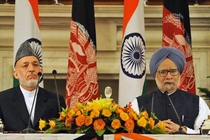 Courtesy: PMO
Courtesy: PMO
NATO’s poor strategy in Afghanistan has failed to quell the Taliban. Now, India will begin to train the Afghani military, and has proven with its light force tactics in Kashmir that it is better suited for the role than NATO forces.
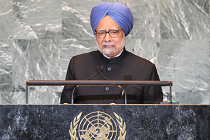 Courtesy: PMO
Courtesy: PMO
Indian Prime Minister Manmohan Singh’s speech at the UN General Assembly has put Indian perceptions on the record and clearly outlined India’s independent foreign policy. India came out unequivocally in support of the Palestinian struggle & reiterated its traditional stance of respecting countries’ sovereignty.
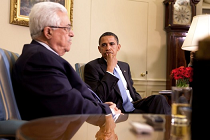 Courtesy: www.whitehouse.gov/WikimediaCommons
Courtesy: www.whitehouse.gov/WikimediaCommons
Repeated applause greeted Palestinian Authority President Mahmoud Abbas' speech to the UN General Assembly, asking for support for the “establishment of Palestine.” But with the U.S. backing Israel, under almost all circumstances, will Abbas' proposal be able to bring about any change?
Corruption has become a galling global phenomenon: structured, vertically-integrated networks, whose objective is the extraction of resources, are forming in countries around the globe. And strikingly, these structures are masquerading as democratically-elected, seemingly-open governments.
Although the U.S. has not faced another terrorist attack since 9/11, much has changed in its democratic framework. Gripped by fear, 3,984 federal, state and local organizations work on domestic counter-terrorism, spending an estimated $1 trillion.